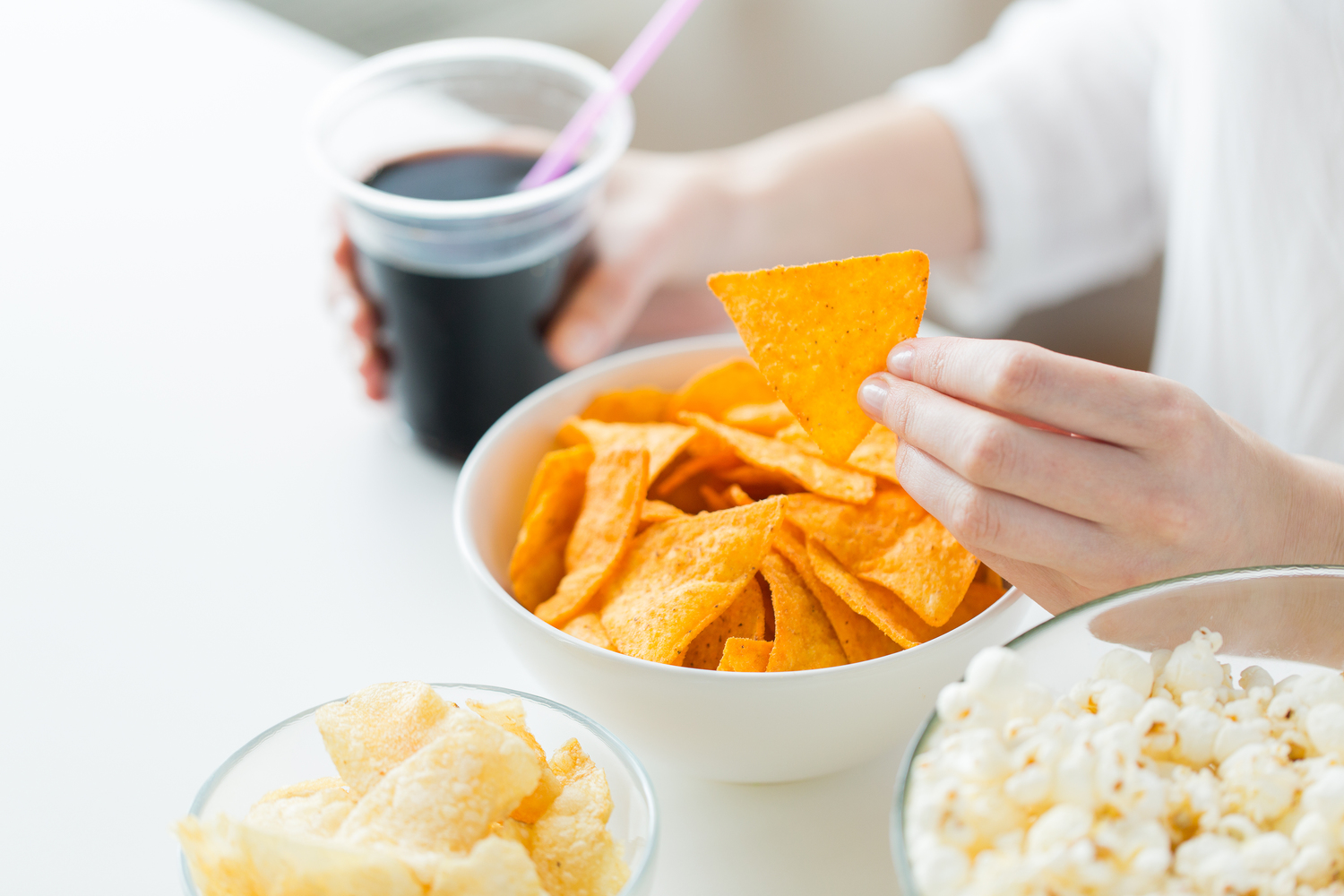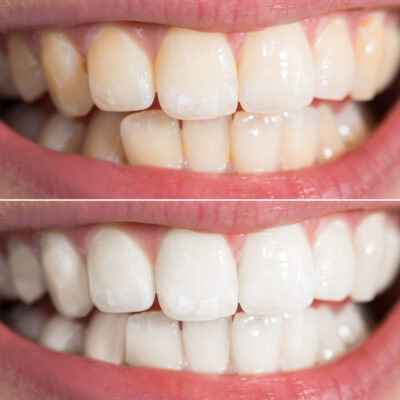
Dealing with Trigger Foods for Migraine Patients
Certain trigger foods can cause a migraine attack if consumed. The best way to deal with trigger foods is to avoid them. However, it requires a lot of time and effort to identify foods that are triggers for migraines. By a process of elimination, it is possible to identify which foods trigger a migraine attack and avoid their consumption.
Elimination is a better approach than to suddenly stop eating some foods as the body needs time to adjust to changes in the diet. In this article, we discuss how to deal with a situation where foods trigger a migraine and how to prevent migraine attacks:
1. Dealing with alcohol
Among the various trigger foods for migraines, the most common one is alcohol, and red wine is typically believed to trigger an attack. Different alcoholic beverages cause different reactions in those with migraine. One should identify, by elimination, which beverage triggers an attack and avoid consuming it.
Even otherwise, limiting alcohol consumption is good for overall health. In case you experience a migraine attack after consuming alcohol, the medication prescribed by the doctor should be taken immediately to get relief from symptoms. Also, keep in mind that not taking medication can aggravate the problem.
2. Caffeine
Caffeine is a tricky food for those with migraines. For some, drinking coffee, tea, or eating chocolate (that has caffeine) can immediately cause an attack, and it is best to avoid the consumption of anything with caffeine in such cases. Certain pain killers also have caffeine and can worsen the symptoms. In such a situation, you need to discuss with your doctor and get the medicine changed.
There are also people who experience relief from a headache with caffeine. You need to understand how caffeine affects you before you deal with it.
3. Eat well
Eating well is a good way to deal with migraine attacks triggered by food. A long gap between two meals causes hunger that can trigger a migraine and also leads to a craving for certain foods that can trigger migraine attacks.
One way of solving this problem is to eat small meals more frequently rather than three big meals throughout the day. This helps stabilize blood sugar levels and prevent hunger pangs.
Eating more fruits and vegetables ensures that the body gets the right nutrients and improves general health, which can help prevent migraines. However, certain fruits and vegetables like bananas, citrus, onions, raspberries, and beans may trigger migraines in some people, so they need to be avoided.
Obesity is another factor that worsens migraine symptoms. Eating well and avoiding fatty foods can help in weight loss, contributing to migraine prevention.
4. Stay hydrated
Dehydration can aggravate the symptoms of a migraine, so it is important to drink enough water. Drinking 8 to 10 glasses of water every day is recommended to stay hydrated.


